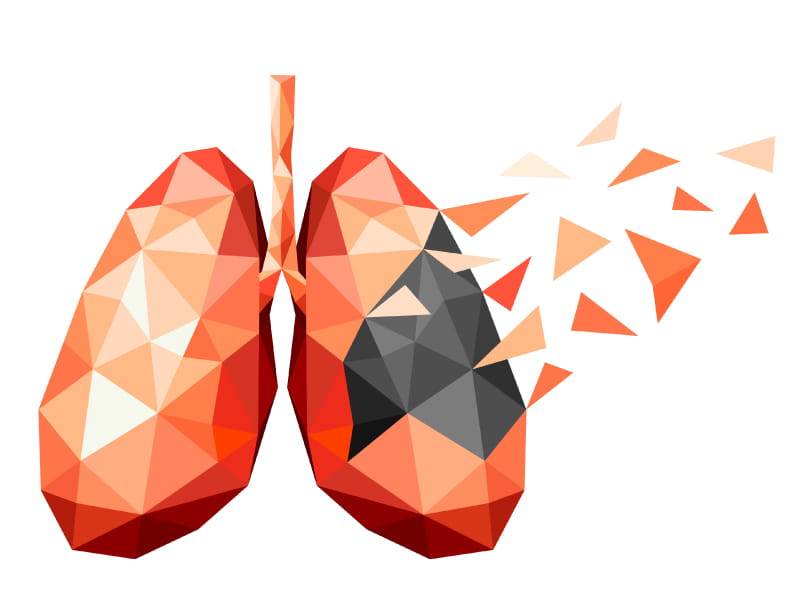Why lighting up and COVID-19 don’t mix
By American Heart Association News

As evidence continues to grow that people who smoke are at greater risk of dying from COVID-19, health professionals are turning to a familiar message with new urgency: There may be no better time to quit than today.
While researchers gather more data as the virus spreads, both the World Health Organization and the Centers for Disease Control and Prevention have identified smoking as a risk factor for severe coronavirus-related disease and death.
Studies from Wuhan, China, where the coronavirus emerged in December, showed smokers were 1.4 times more likely to display severe COVID-19 symptoms and 2.4 times more likely to be sent to an intensive care unit, require mechanical ventilation or die, compared to non-smokers.
"This is such a new world, of course, but there's no question that smoking makes your situation worse if you catch the virus," said Dr. Irving Kron, senior associate vice president for health sciences at the University of Arizona in Tucson. "If you get it, there is some evidence that smoking will change the propensity of your lungs to get infected. And as you know, if you get your lungs infected with this disease, that's a bad plan."
That's when people can die, he said. Yet the biological changes brought about by smoking can cause more lung infections in everyday life, pandemic or no.
Studies are less conclusive about the potential dangers of COVID-19 for people who vape, Kron said. But vaping has been linked to asthma, chronic lung disease and cardiovascular disease.
Putting aside the effects of nicotine and other substances found in cigarette smoke and vaping aerosol, Mary Rezk-Hanna, an assistant professor at the UCLA School of Nursing, said flavorings alone can damage the endothelial lining of blood vessels, which are "the body's first line of defense against atherosclerosis. This damage represents one of the earlier signs of developing cardiovascular disease."
That damage also opens the door for the coronavirus to become more dangerous.
"We know that a lot of people with coronavirus die of preexisting heart disease. So if you smoked, we know that affects your coronary arteries," Kron said. "For sure, smoking – in terms of its long-term effects – increases your risk of mortality from coronavirus."
People who share smoking devices, such as vape pens or hookah pipes, are especially at risk of spreading the virus, Rezk-Hanna said.
"Because smokers tend to share hookahs using the same mouthpiece, hookah smoking could increase the transmission of COVID-19 further," she said. "We also know that because of the lack of regulation, hookah home delivery companies and hookah lounges may not properly clean their pipes, and because the coronavirus can survive on surfaces such as plastic or metal for up to several days, the risk of transmission is highly likely."
Similarly, the WHO suggested smokers who quit now would reduce their risk of infection simply because they will reduce the number of times they touch their mouths with their fingers.
While health officials are not able to predict a timeline in which the spread of the coronavirus will be under control, they point to data showing there are immediate short-term health benefits after a person gives up smoking.
"Smokers who quit begin to see better heart and lung health almost immediately," Rezk-Hanna said. "Within minutes, the heart rate drops to normal levels. Within hours, carbon monoxide and other tobacco-related toxicant levels decline, and as a result, blood oxygen levels go up and coughing and wheezing start to improve."
A study published in January in the journal Nature found that quitting smoking now may not only prevent future lung damage, it could cause healthy cells to begin repairing previous damage.
"There are just so many bad things about smoking, including the fact that it's a nasty habit," Kron said. "If you had your doubts before, now's a great time to quit."
Editor's note: Because of the rapidly evolving events surrounding the coronavirus, the facts and advice presented in this story may have changed since publication. Visit Heart.org for the latest coverage, and check with the Centers for Disease Control and Prevention and local health officials for the most recent guidance.
If you have questions or comments about this story, please email [email protected].





